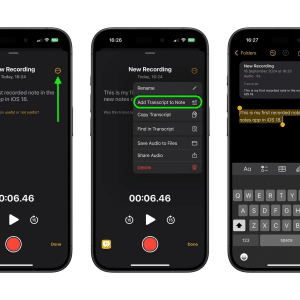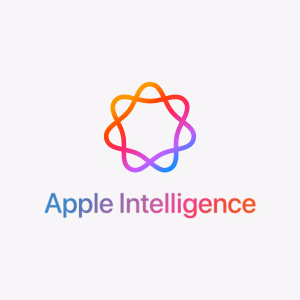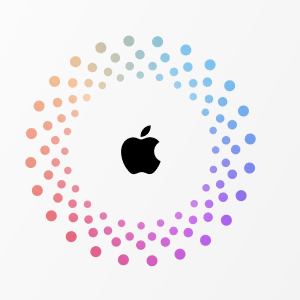The European Union’s (EU) new legislation, the Data Act, could have a profound impact on leading tech companies like Apple, especially concerning their cloud services. The proposed law aims to bolster consumer privacy rights and enhance freedom of choice, including potentially streamlining the transfer of data from Apple’s iCloud to other cloud services.
Traditionally, tech giants have retained their user base by making service switches challenging. However, the Data Act champions the principle of data portability, giving consumers the power to move their online data effortlessly between services. The new legislation will be a game-changer, leveling the playing field by reducing dominant companies’ edge over emerging competitors and promoting healthy market competition.
According to a report from Reuters, the new legislation grants more control to both individuals and businesses over their data produced via smart devices, objects, and machines. This allows for easy data copying or transfers across different services.
Alongside facilitating smooth data transfer, the Data Act also aims to empower users with greater control over their personal information. Major tech players, such as Apple, will need to comply with data usage regulations and present users with options to determine how their data is shared and utilized. The law is geared towards enhancing transparency and protecting privacy in a progressively digital landscape.

The legislation also gives consumers and companies a say on what can be done with the data that their connected products generate.
The Act simplifies the process of switching to alternative data processing service providers. It also puts in place safeguards against cloud service providers unlawfully transferring data, and promotes the development of interoperability standards for cross-sector data reuse.
For iCloud users, the Data Act could mean a more straightforward data transfer process to other service providers. Currently, moving specific data types like photos is feasible, but transferring all iCloud data to another provider is complex. The Data Act could demand a simplified, one-tap transfer solution.
However, it is worth noting that EU legislation follows a rigorous process before being enacted. It is expected to take at least two years for the Data Act to be finalized and applied to companies like Apple.

Consequently, while the law is a significant stride towards data portability and improved privacy protection, its immediate effect might be some distance away.













